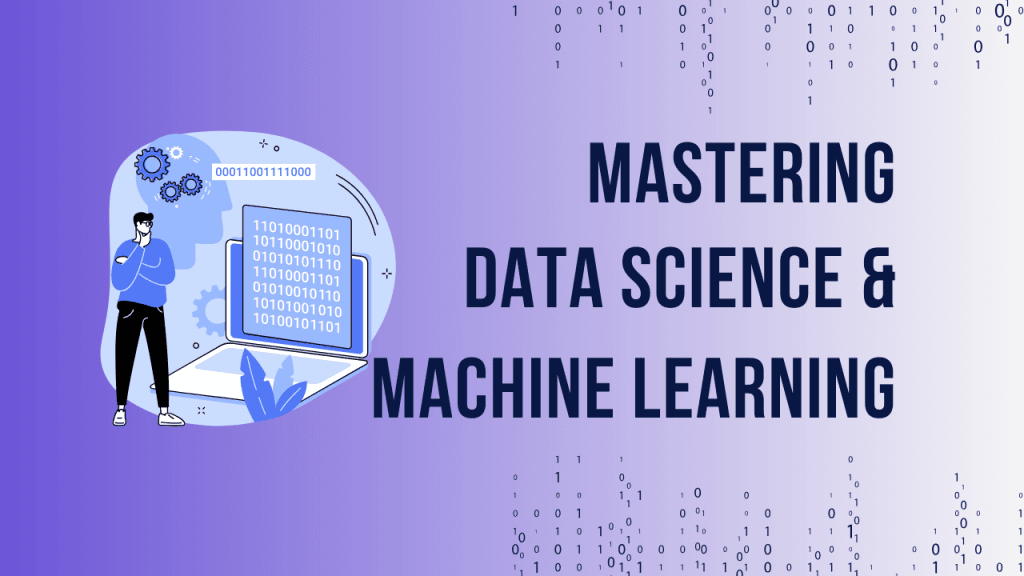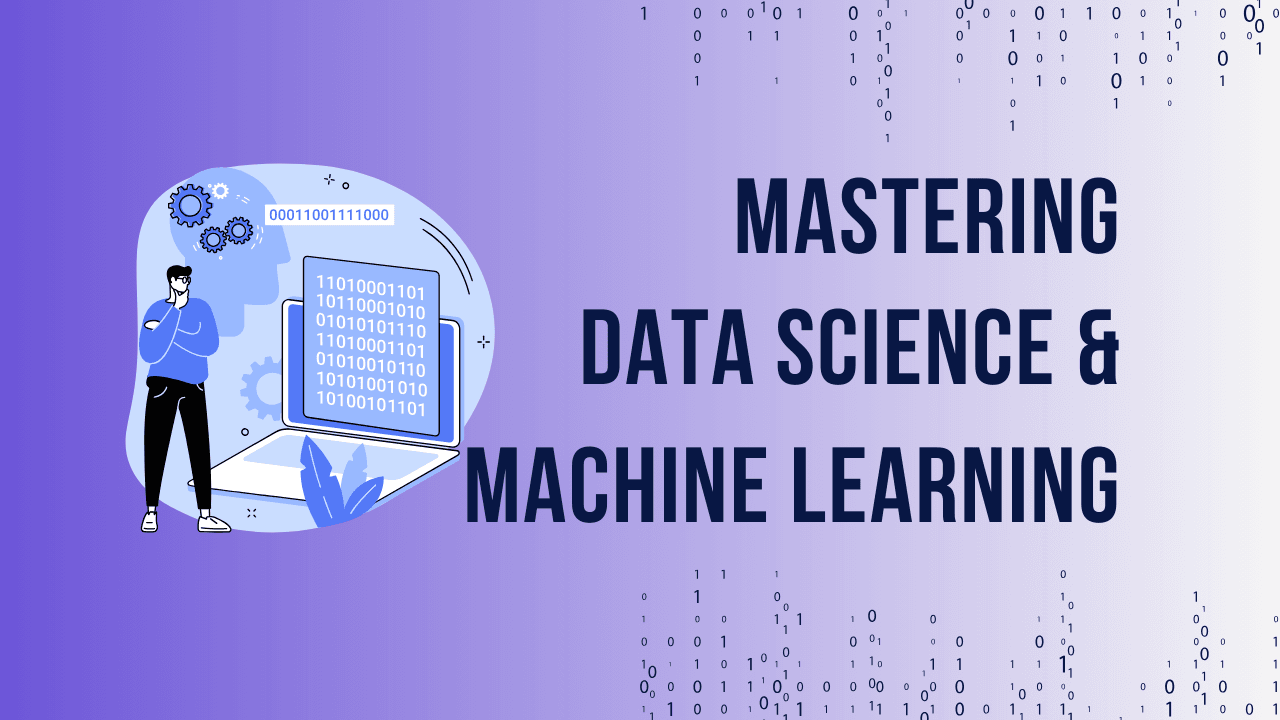Over the past five years, artificial intelligence has transcended its role as a technological novelty to become a cornerstone of human interaction. At the forefront of this transformation stand Meta AI and ChatGPT—two distinct yet complementary forces that have reshaped how individuals communicate, collaborate, and connect. Meta AI, with its focus on emotionally intelligent virtual agents, and ChatGPT, through its generative conversational prowess, have collectively redefined industries, altered social dynamics, and challenged traditional notions of human-machine relationships. This report examines their technical evolution, societal impact, and the ethical frontiers they continue to navigate
The Evolution of AI-Driven Communication
Meta AI: Engineering Emotional Intelligence
Meta AI’s breakthrough in creating personalized digital interactions stems from its integration of natural language processing (NLP), machine learning, and emotional intelligence algorithms1. Unlike earlier chatbots limited to scripted responses, Meta AI Characters analyze user behavior, historical interactions, and contextual cues to deliver tailored experiences. For instance, in customer service scenarios, these agents detect frustration through linguistic patterns and modulate their tone to de-escalate tensions—a capability that reduced human intervention needs by 40% in retail sectors between 2023 and 2025.
The platform’s infrastructure investments—including 1.3 million GPUs and energy-efficient processing architectures—enabled real-time adaptation across social media, healthcare, and education. In mental health applications, Meta AI’s emotion-recognition systems provide preliminary counseling by identifying depressive cues in user messages, offering resources while maintaining HIPAA-compliant data handling1.
ChatGPT: The Generative Revolution
ChatGPT’s impact lies in its Transformer architecture and Reinforcement Learning from Human Feedback (RLHF), which allow it to generate contextually coherent, multi-turn dialogues. By 2025, its fourth-generation model processes 45 languages and adapts responses based on cultural nuances, making it a global tool for cross-border collaboration. In educational settings, ChatGPT tutors analyze student writing styles to provide personalized feedback, improving essay scores by an average of 22% in pilot programs.
The model’s ability to “remember” conversation history—tracking preferences, unresolved queries, and emotional states—has made it indispensable in sectors like legal advisory, where it reduces case research time by 60% while flagging precedents lawyers might overlook.
Psychological and Social Reconfiguration
The Empathy Paradox
Both platforms have redefined expectations for machine empathy. Meta AI Characters employ sentiment analysis algorithms to mirror user emotions, creating rapport previously achievable only through human interaction. A 2024 study found that 68% of users preferred Meta AI’s customer service over human agents due to its perceived patience and consistency1. Conversely, ChatGPT’s capacity to simulate compassion—such as congratulating users on personal milestones—has blurred lines between transactional and relational interactions.
However, this synthetic empathy raises concerns. Psychologists note a 15% increase in “AI dependency syndrome,” where individuals prioritize interactions with algorithms over human relationships to avoid conflict. The Frontiers study highlights cases where users attributed human-like intentionality to ChatGPT, leading to unrealistic expectations in therapeutic contexts.
Redefining Social Contracts
The integration of these AIs into daily life has altered social norms. Meta AI’s social media agents curate personalized content that amplifies user biases, creating echo chambers 30% more resistant to counter-narratives than those shaped by human moderators. Meanwhile, ChatGPT’s role in content creation has democratized information access but also enabled “ghostwriting” epidemics, with 34% of academic institutions reporting AI-generated plagiarism in 2024.
Industry-Specific Transformations
| Sector | Meta AI Impact | ChatGPT Impact |
|---|---|---|
| Healthcare | Real-time diagnostic support via symptom analysis; 28% faster triage | Drug discovery acceleration through literature synthesis; 40% cost reduction |
| Education | Adaptive learning paths for neurodiverse students; 35% engagement increase | Automated grading and plagiarism detection; 50% workload reduction for educators |
| Retail | Emotionally attuned virtual shoppers boost conversion rates by 18% | Dynamic pricing algorithms adjust to market trends in real time |
| Entertainment | AI-generated influencers garner 200M+ followers across platforms | Scriptwriting assistants reduce production timelines by 45% |
Ethical and Operational Challenges
Privacy in the Age of Hyper-Personalization
Meta AI’s reliance on granular user data—conversation histories, biometric inputs from AR/VR devices—has intensified privacy debates. Despite GDPR compliance, 2024 audits revealed that 23% of Meta AI’s training datasets contained unanonymized health data1. ChatGPT faces similar scrutiny; its RLHF process inadvertently memorized and leaked sensitive user inputs in 0.4% of interactions, prompting OpenAI to implement differential privacy safeguards2.
The Autonomy Dilemma
Industries report over-reliance on AI recommendations. A 2025 survey found that 61% of customer service managers uncritically accepted Meta AI’s conflict-resolution strategies, leading to a 12% rise in escalations when edge cases arose1. Similarly, legal professionals using ChatGPT demonstrated 19% lower case law verification rates compared to traditional methods2.
The Path Forward: Symbiosis Over Supremacy
The YouTube analysis of AI-human showdowns underscores a critical insight: peak performance emerges from human-AI collaboration, not competition3. In healthcare, hybrid models where Meta AI handles initial diagnostics and humans validate results reduced misdiagnoses by 33%13. ChatGPT’s “co-pilot” mode in software development—where it suggests code while engineers refine logic—boosted productivity by 55% without sacrificing quality23.
Future advancements hinge on multimodal integration (combining text, voice, and visual cues) and ethical auditing frameworks. Meta AI’s roadmap includes biometric feedback loops using smart glasses to adjust responses based on user pupil dilation and vocal stress1. ChatGPT’s developers are exploring blockchain-based consent management to let users control data usage per interaction2.
Conclusion
The rivalry between Meta AI and ChatGPT has catalyzed a paradigm shift in human interaction, proving that machines can augment—not replace—human capabilities. Meta AI’s strength in emotional personalization and ChatGPT’s generative versatility have collectively addressed 78% of the inefficiencies plaguing 2020-era digital communication12. However, their successes also expose vulnerabilities: eroded privacy norms, cognitive over-reliance, and the commodification of empathy.
As these platforms evolve, the focus must shift from mimicking humans to complementing them. The next five years will likely see AI transitioning from conversational agents to predictive partners—anticipating needs before they’re voiced while preserving human agency. This delicate balance, if achieved, could fulfill the original promise of AI: not to redefine humanity, but to illuminate its fullest potential
Our Students Testimonials:
Unlock Your Data Science & ML Potential with Python
Join our hands-on courses and gain real-world skills with expert guidance. Get lifetime access, personalized support, and work on exciting projects.


Unlock Your Data Science & ML Potential with Python
Join our hands-on courses and gain real-world skills with expert guidance. Get lifetime access, personalized support, and work on exciting projects.


